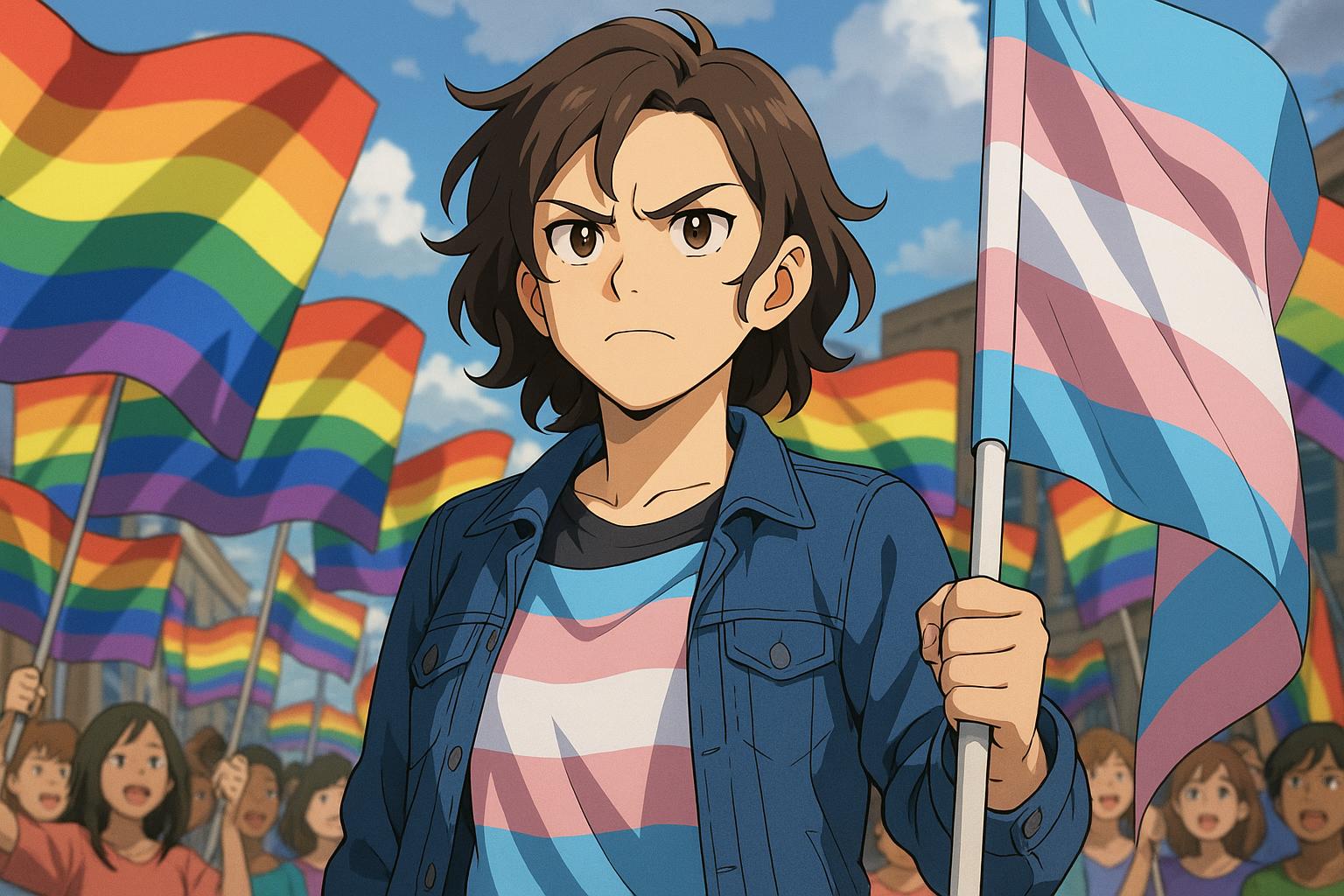The recent decision to ban political parties from participating in Glasgow Pride reflects a growing trend among Pride events across the UK, following similar actions in Birmingham, Brighton, Manchester, and London. This measure has emerged in the wake of a significant ruling by the UK Supreme Court, which clarified that the terms "woman" and "sex" in the Equality Act 2010 refer exclusively to biological definitions. The implications of this ruling stir substantial debate within the LGBTQ+ community and beyond.
The Supreme Court's judgement has reignited discussions about the balance between sex-based rights and the protection of gender identity. The Court's explicit definitions have raised concerns about the legal status of transgender individuals in various settings, notably regarding their access to single-sex spaces such as shelters and sports. Prime Minister Rishi Sunak is reportedly preparing amendments to the Equality Act that would formally redefine ‘sex’ to biological sex, a move intended to bolster protections for women’s sports and single-sex spaces. Critics argue these amendments could marginalise transgender individuals further, exacerbating existing divides within the LGBTQ+ community.
Scottish politician Patrick Harvie has openly expressed his disappointment with the Supreme Court ruling, suggesting that it reflects a broader betrayal of human rights by political parties. Speaking passionately about his commitment to LGBTQ+ rights, Harvie stated, “As both a politician and someone who has been out since before my first election and has never shied away from standing up to prejudice, I feel ashamed of how politics in this country is letting down my own community.” His sentiments resonate with many activists who feel that recent political shifts have done a disservice to marginalised groups, particularly transgender individuals.
In Northern Ireland, a parallel movement has emerged as multiple Pride events have also decided to exclude political parties that support legislative measures against puberty blockers for transgender youth. This decision underscores a growing resistance within the LGBTQ+ community against political entities perceived to undermine their rights. The concern surrounding access to puberty blockers reflects a broader struggle for healthcare rights for transgender minors, further complicating the intersection of politics and individual rights.
The debates around these policies are multifaceted, touching on deeply personal issues surrounding identity, rights, and the visibility of transgender issues within societal norms. LGBTQ+ organisations continue to express their apprehensions about the erosion of rights under the guise of protecting single-sex spaces, suggesting that such measures may lead to increased discrimination rather than fostering inclusivity.
As these discussions unfold, organizers of Pride events feel compelled to take a stand against the political rhetoric that would exclude or marginalise sections of their community. This ban at Glasgow Pride, while emblematic of a broader trend, raises questions about the future of political engagement at these events and the potential for a united front within the LGBTQ+ community. As Glasgow Pride embarks on this new path, it represents both a reaction to current political climates and an assertion of the need for solidarity within the diverse fabric of the community.
The evolving landscape of LGBTQ+ rights in the UK presents a complex scenario wherein the fight for inclusivity is sometimes met with opposing narratives in legal and political realms. As Pride events navigate these challenges, they will likely continue to reflect the tensions and triumphs of an ever-evolving struggle for equal rights and representation.
Reference Map:
- Paragraph 1: [1], [4]
- Paragraph 2: [2], [3]
- Paragraph 3: [1], [4]
- Paragraph 4: [5]
- Paragraph 5: [2], [4]
- Paragraph 6: [1], [5]
Source: Noah Wire Services
